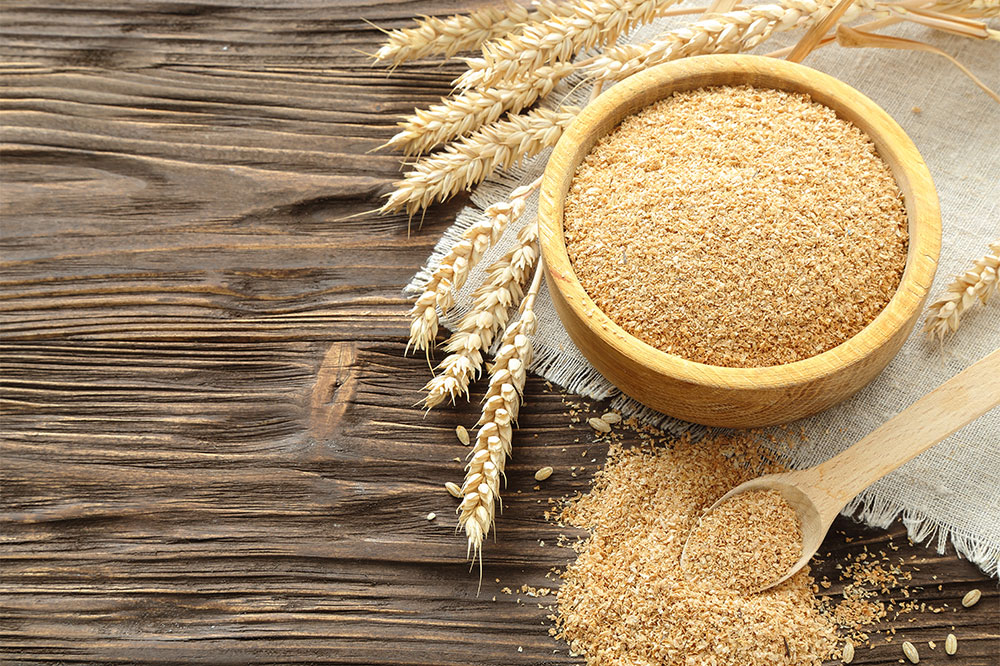6 foods to eat and avoid for osteoporosis
In osteoporosis, an individual’s bones become weak and brittle. It’s been discovered that certain nutrients can not only prevent the condition but also help treat it and slow down its progression. Simultaneously, it’s also vital to steer clear of foods that can cause damage to the bones. Read on to learn about foods to eat and avoid to manage osteoporosis.
Foods to eat
Dairy products
It’s no secret that dairy products are packed with the goodness of calcium.

Protein-rich foods
While calcium gives bones their hardness, proteins form the underlying structural matrix of bones. In other words, it’s important to keep skeletal muscles healthy. However, ensure to choose the right protein source. Avoid protein from red meat and prefer skinless chicken and other lean meats. Fatty fish, such as salmon and tuna, are also excellent sources of high-quality protein.
Fruits and veggies
Those craving something sweet can enjoy fruits like cranberries and prunes. Both fresh fruits and vegetables are full of antioxidants and bone-building vitamins and minerals. These include calcium, folate, magnesium, potassium, vitamin C, beta-carotene, and lutein. To get these nutrients, eat a wide variety of fruits and veggies like oranges, berries, mushrooms, and leafy greens.
Foods to avoid
Salty foods
Increasing calcium intake and lowering salt consumption must happen simultaneously for maximum benefits. That’s because salt or sodium encourages the loss of calcium through urine. Avoid sprinkling extra salt on foods, and identify and reduce consumption of various foods high in salt content, such as chips, crackers, canned soups, processed foods, cured meats, and sauces.
High-sugar foods
Though sugar may not directly affect bones, the problem with sugary foods is that they are often devoid of essential nutrients. Moreover, they can raise blood pressure and increase the risk of obesity, heart disease, and liver damage. So, steer clear of foods loaded with sugar, such as cakes, doughnuts, fruit juices, and breakfast cereals.
Coffee and other caffeinated drinks
Some studies have found that excess caffeine may lower calcium absorption and contribute to bone loss. Though it may not be necessary to completely avoid coffee and other caffeinated drinks, it’s good to limit their consumption.